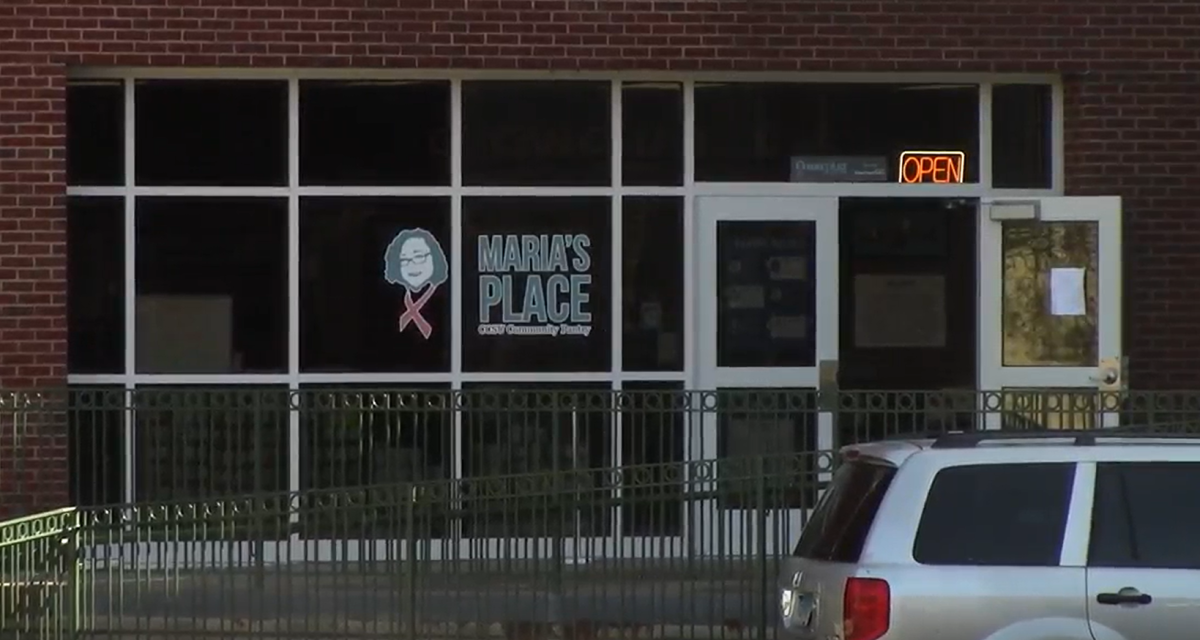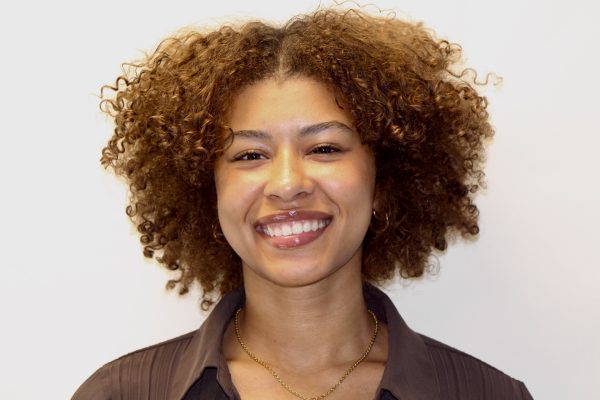An automatic textbook rental fee proposal that will be presented to the Board of Regents by the Information Security Program Office on March 21 has already been met by a petition.
The fee, negotiated with Barnes & Noble, will automatically bill students $18.75 per credit to rent textbooks. For students taking 15 credits, this will be a $281.75 charge.
“I saw something that wasn’t being talked about enough, and my main focus was just to get the word out there,” Jennifer Croughwell, a junior at Eastern Connecticut State University who started the petition, said. “If I can’t get the word out to every single person, every single Eastern student, every single incoming Eastern or CSU student, I still can get it changed to an opt-in policy.”
The “Say No to Automatic Textbook Billing at the Connecticut State Universities” petition on Change.org has amassed over 700 signatures in less than two weeks. Croughwell said her goal is not to eradicate the proposal but for students to have the choice to opt in rather than being automatically charged.
With the current proposal, students will have the opportunity to opt out of paying within a specific deadline. While the charge will cover the cost of all textbooks, it will still charge for courses that do not require materials.
“If students do want the option, if it does make it cheaper for them, they are able to go that route because we do acknowledge that,” Croughwell said.
The petition made its way to CCSU after Stephen Adair, a professor of sociology at Central, forwarded it to the university senate.
Kimberly Kostelis, provost and vice president for Academic Affairs, spoke at a Faculty Senate meeting on March 4. Kosetlis said the university is looking to answer students’ questions about the fee.
Kostelis said they are also looking to randomly sample “some undergraduate students of various majors” to see whether it would benefit students.
“… so that we can get a better understanding across the sample regarding how this would benefit some of our students,” Kostelis said. “Also looking at some of the questions that people had with opting in versus opting out as well.”
Adair got wind of the petition from Nicolas Simon, an assistant professor of sociology at ECSU.
Simon, an open educational resources advocate, said he is concerned with how helpful the fee will be, specifically for students of lower socio-economic statuses.
“Thinking as a sociologist, I wonder if low-income students, students of color, first-generation college students, will they benefit?” Simon said.
While students have the option to opt out of the fee, Croughwell suggests that students who will save money with the fee sign up for it rather than imposing the bill on all students regardless of whether it will benefit them or not.
“In case they (students) aren’t aware, they’re not just going to get automatically charged, pay that bill, and think nothing of it,” Croughwell said. “We aren’t sure of how they’re going to be notifying students or if it’s just going to be another fee that’s tacked on and we don’t know what it means.”
The opt-in versus opt-out debate has been part of a national conversation this year as the Biden administration looks to eliminate a policy that allows colleges to charge students for books automatically.
“Inclusive” or “equitable” access was introduced under the Obama administration. It ensures that students receive their required materials.
“It is difficult for me to understand how it can be accessible, how it can be inclusive, how it can be equitable when you have a fee. If you do not pay the fee, you cannot access this course material. So, here I am in disagreement about the term,” Simon said.
Adair said he informed students about this fee and shared the petition with students who asked for it.
“It’s an important issue that students ought to know about and faculty ought to know about,” Adair said. “Especially prior to the BOR voting.”
Adair said he aims to keep the cost of his courses as low as possible.
“I work hard to keep my cost of textbooks down,” Adair said. “I’m using an open-source textbook, for instance, in my Intro to Sociology courses. Students don’t pay anything for materials in my class.”
Adair said other faculty in his department are also conscientious of finding ways to keep the additional costs at a minimum.
“It doesn’t strike me that the kinds of students at Central or at CSU is really the appropriate audience for this,” Adair said.
Simon references the University of Central Florida as an example of a college that has kept the opt-in model for course materials.
“I would like to invite the system office to have a conversation with Barnes & Noble and to move from opting out to opting in,” Simon said. “Now, the standard of the industry is to include the opt-out option.”
For CCSU students who would prefer the opt-in option for this textbook fee, Croughwell said she suggests they share the petition.
“The easiest way to organize is going to be sending out that petition to five people and have them send out to five people,” Croughwell said. “That’s kind of my rule of thumb, but if they want to get a little bit more involved, (they can) reach out to me.”






Peter • Mar 12, 2024 at 9:11 pm
Please ask a Bio or Chem , o r Accounting major, if a $285 per term, would be ok?
Sure, you can sometimes slide by not using the recommended materials, until
It isn’t. Is it worth your grade to opt out ?
Former CCSU student, Father, Bookstore
Employee 40 years.